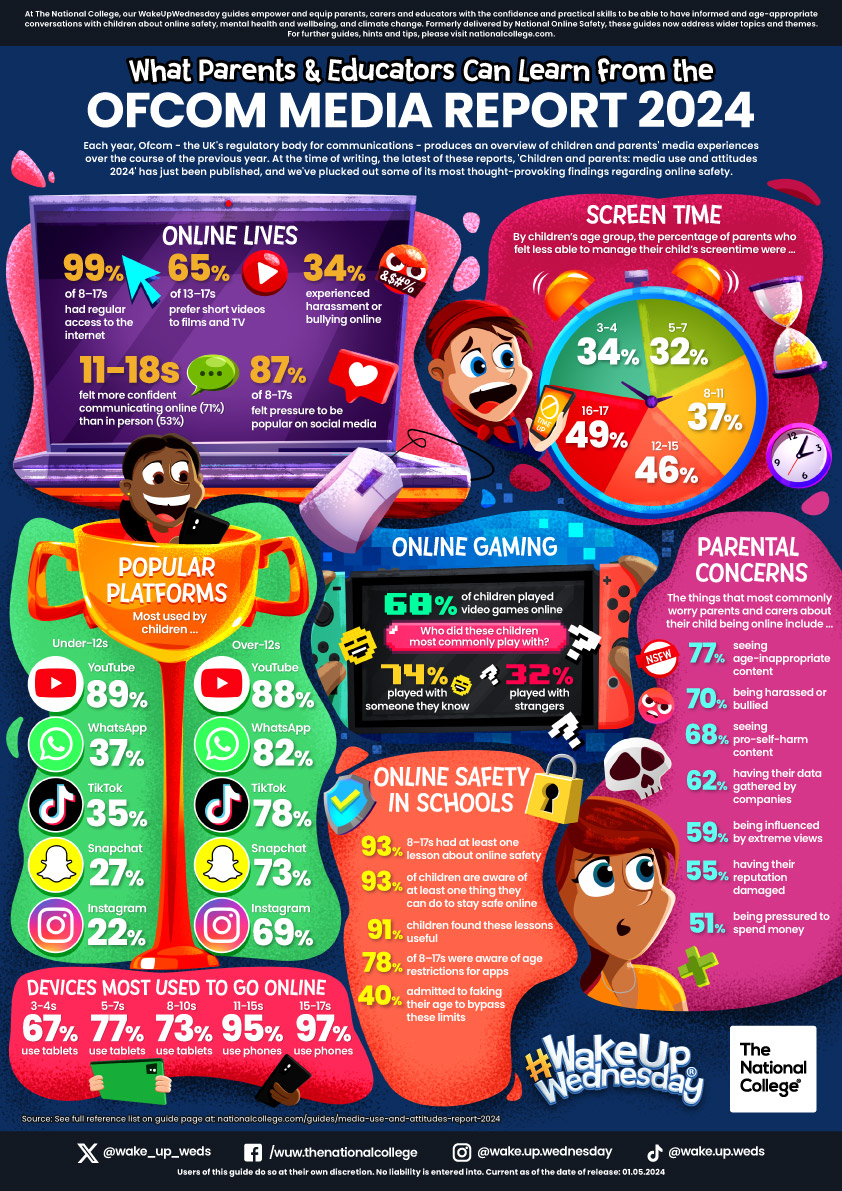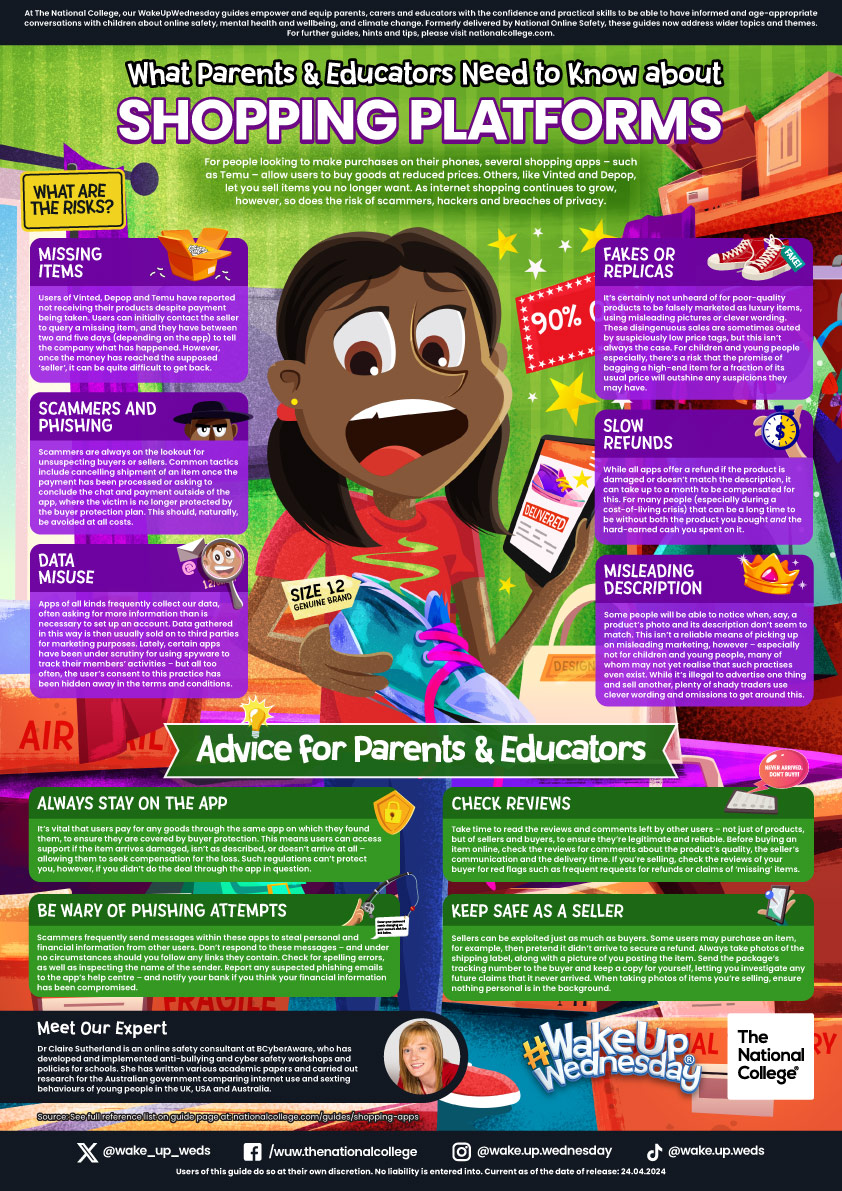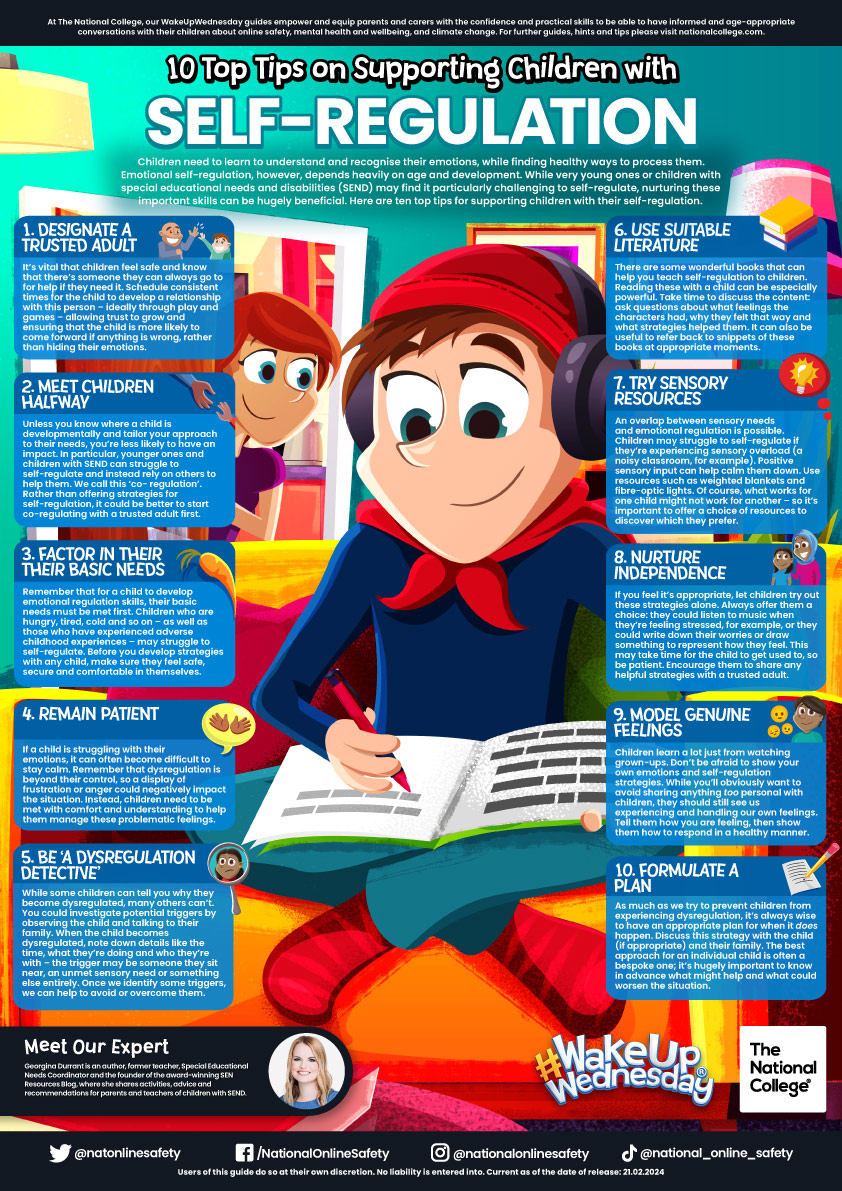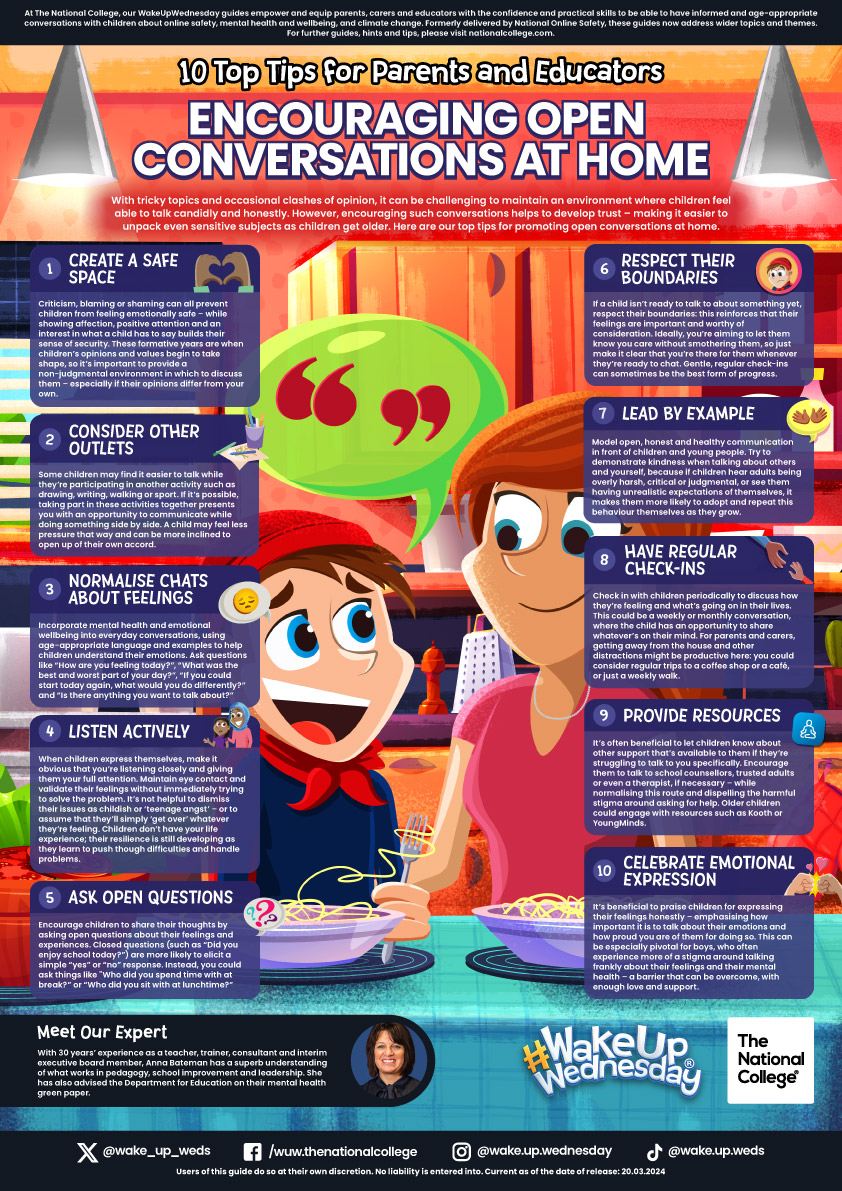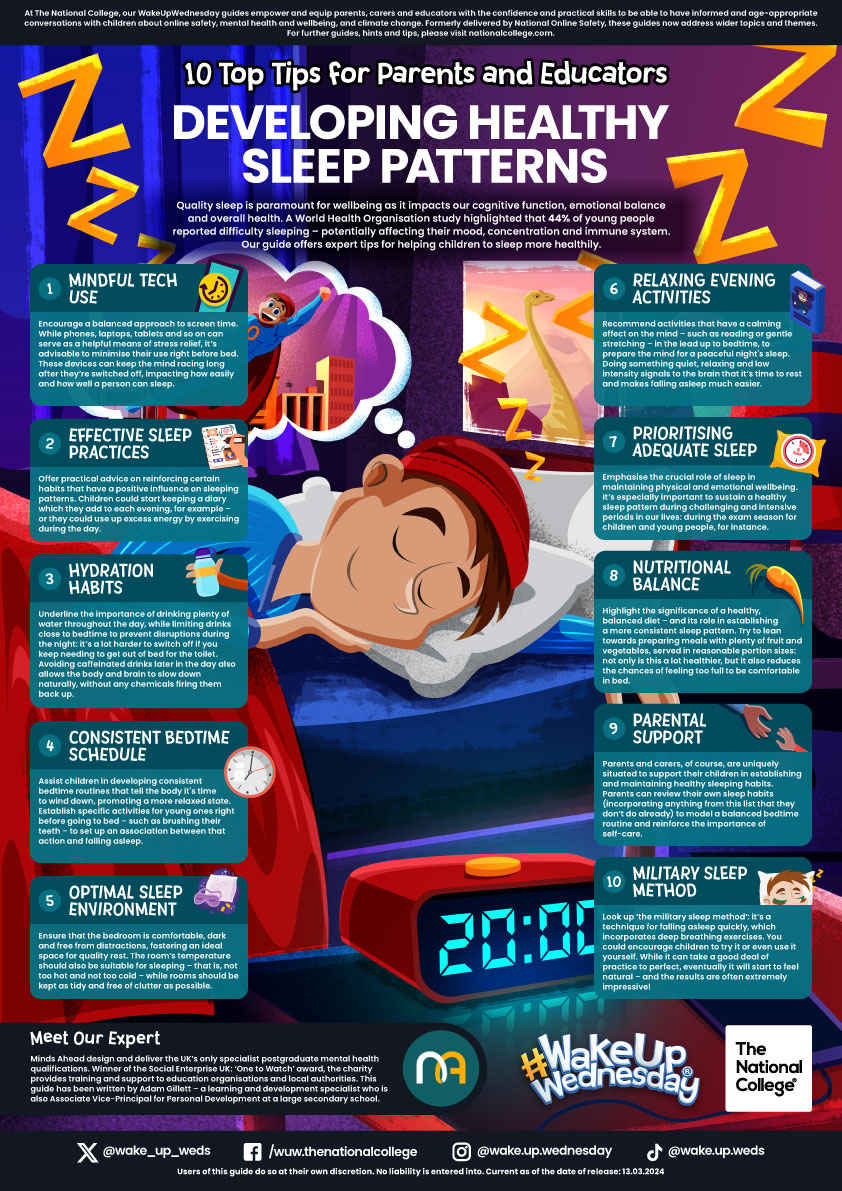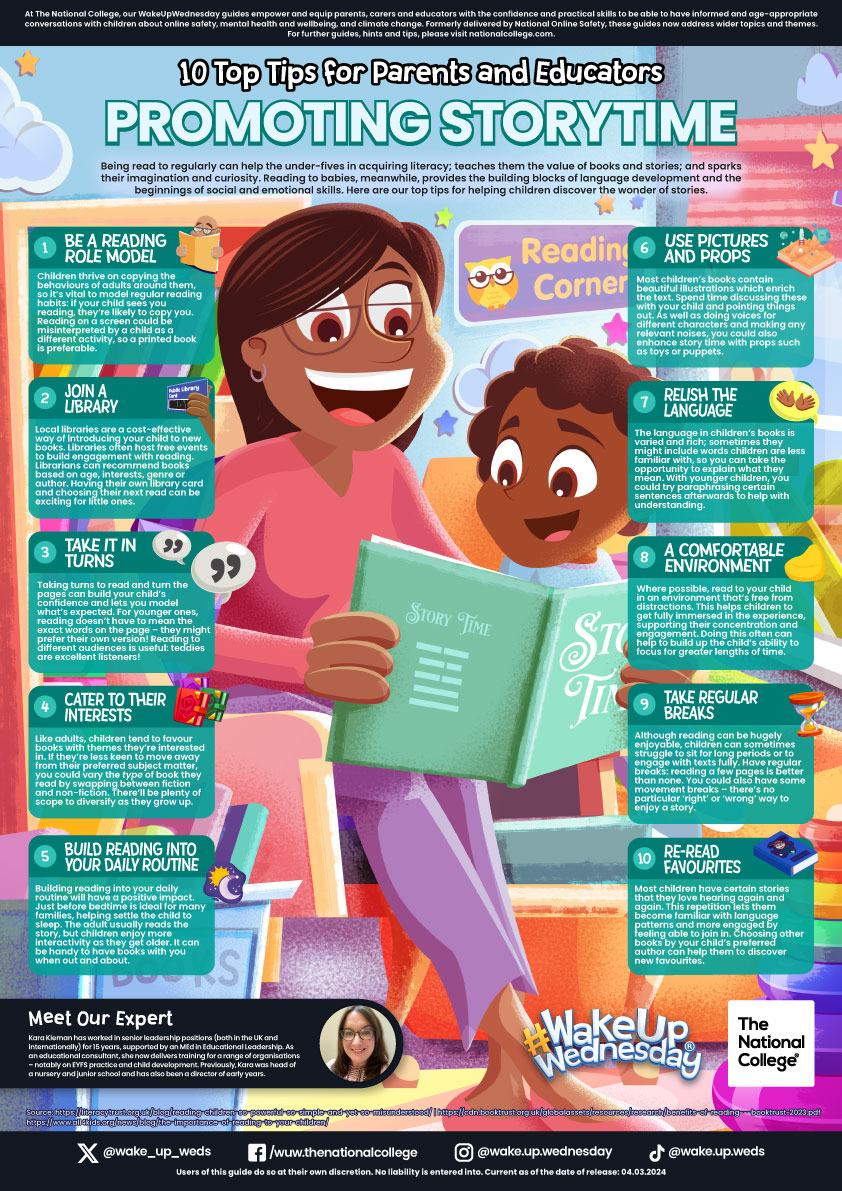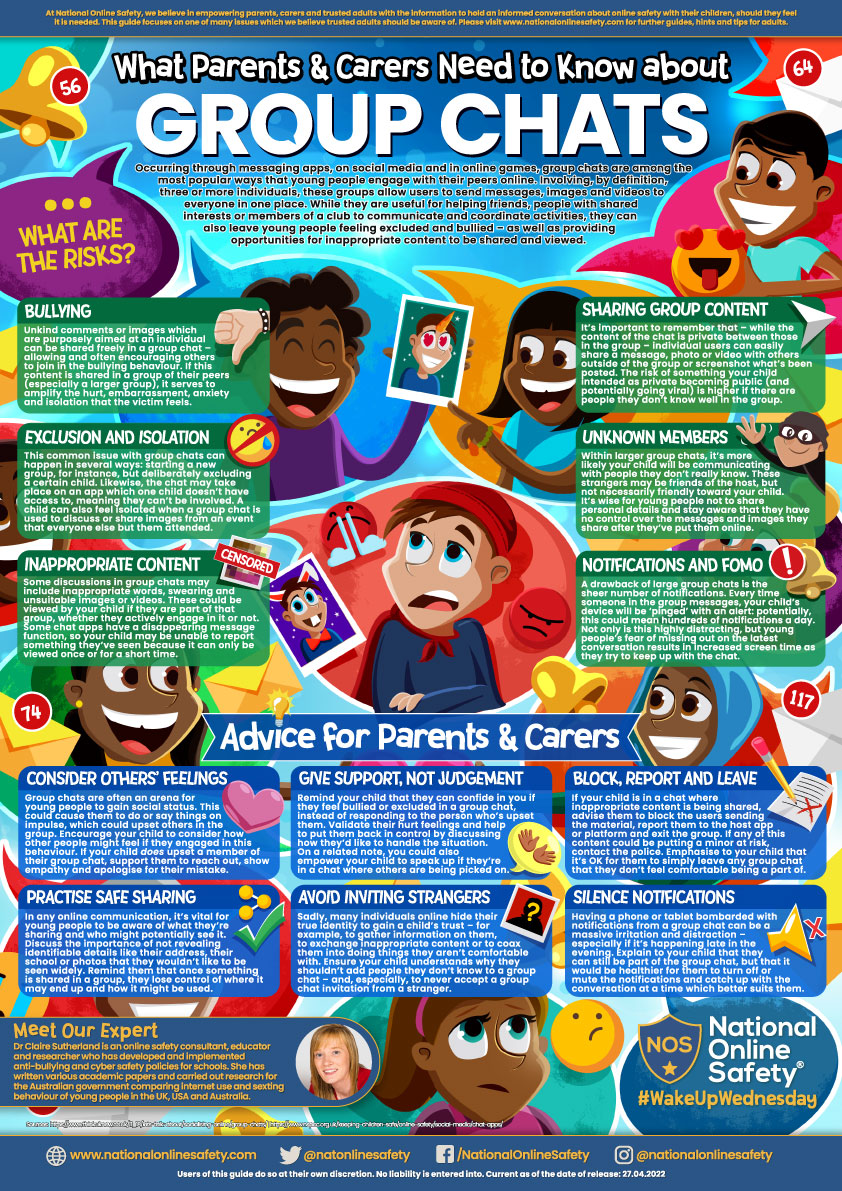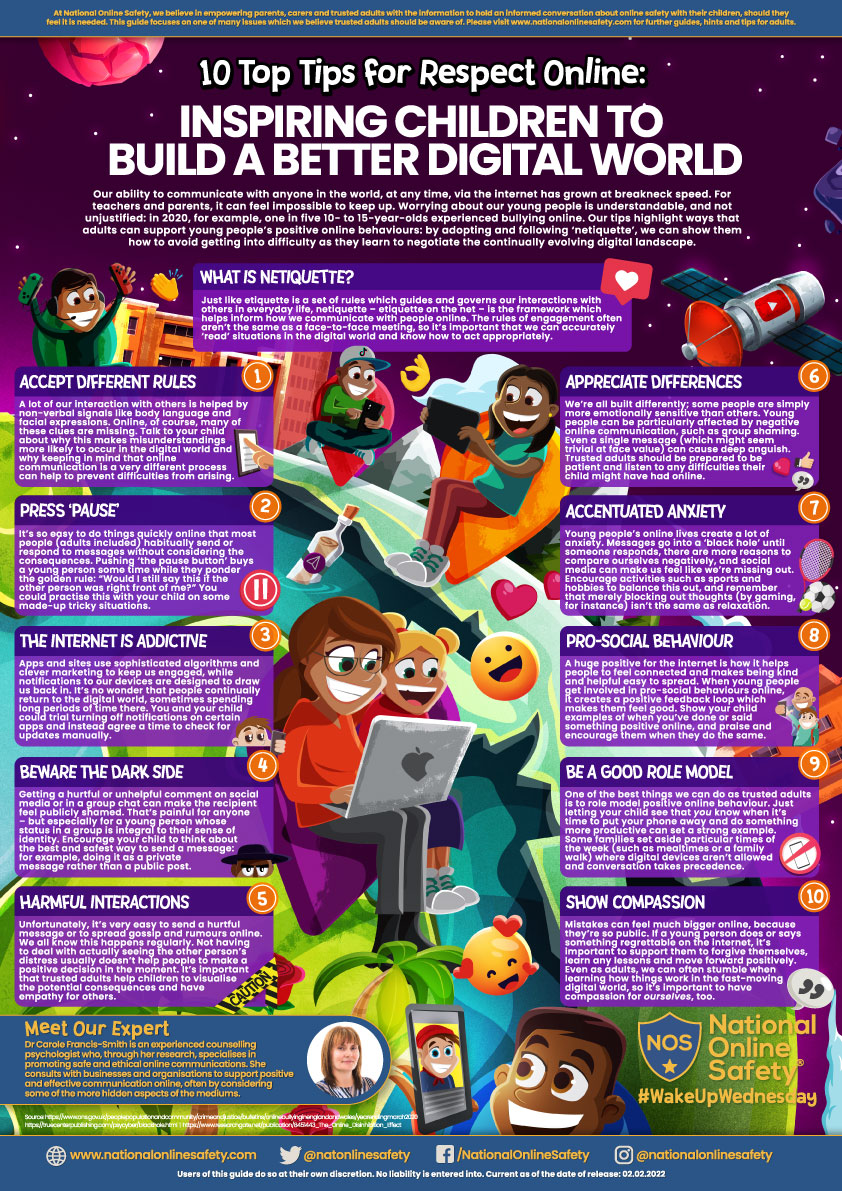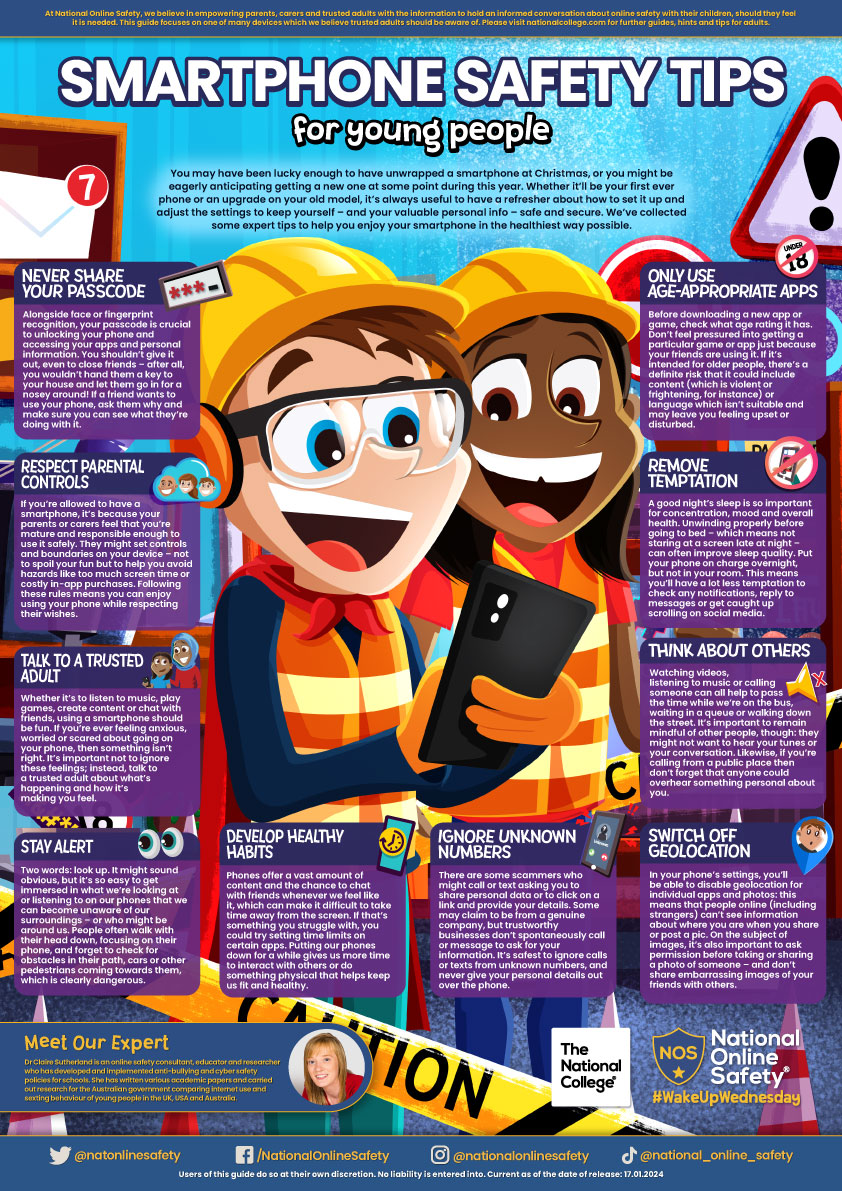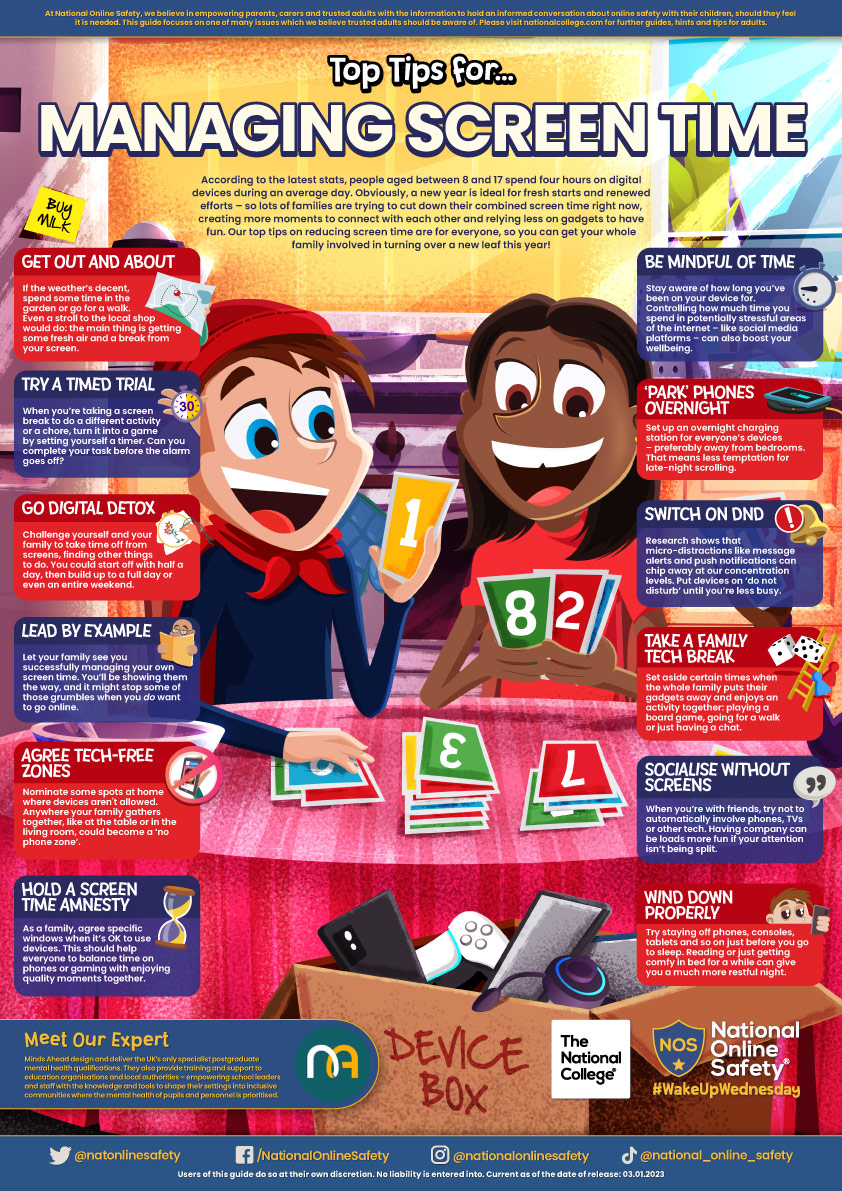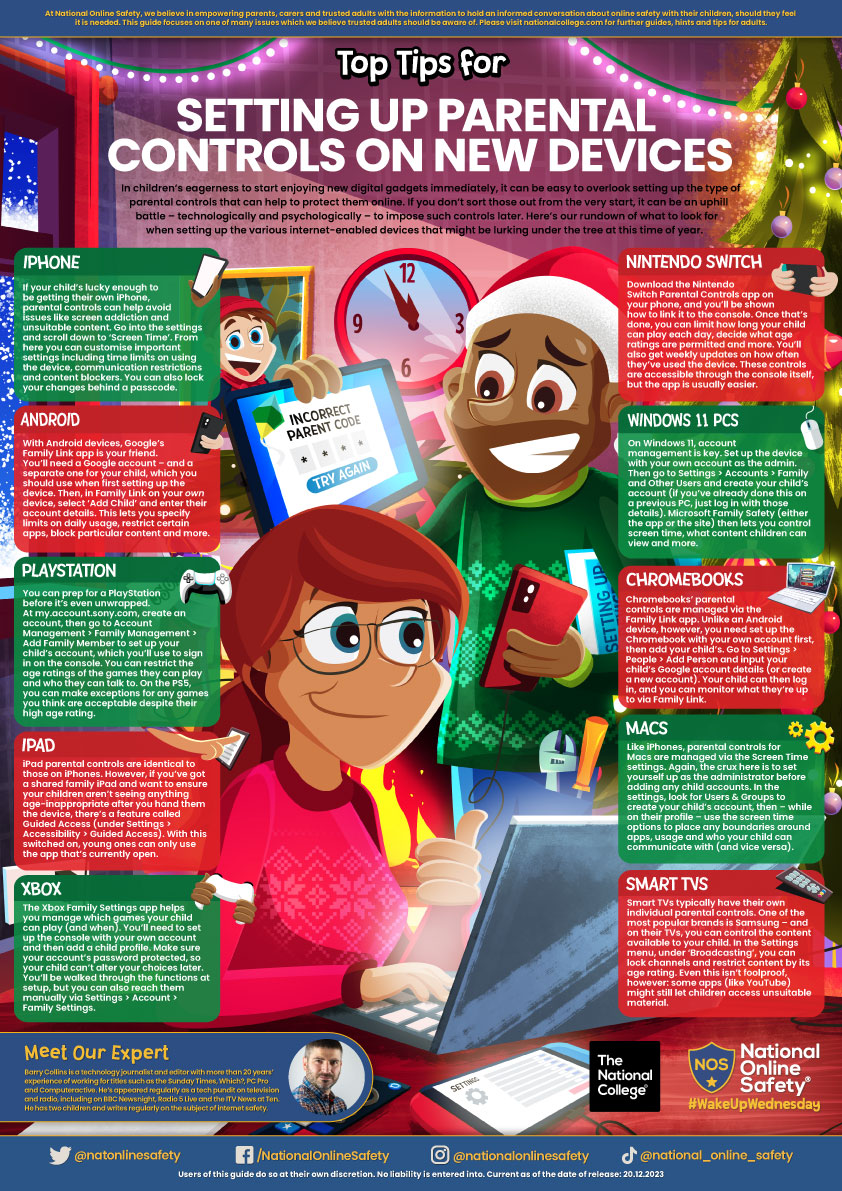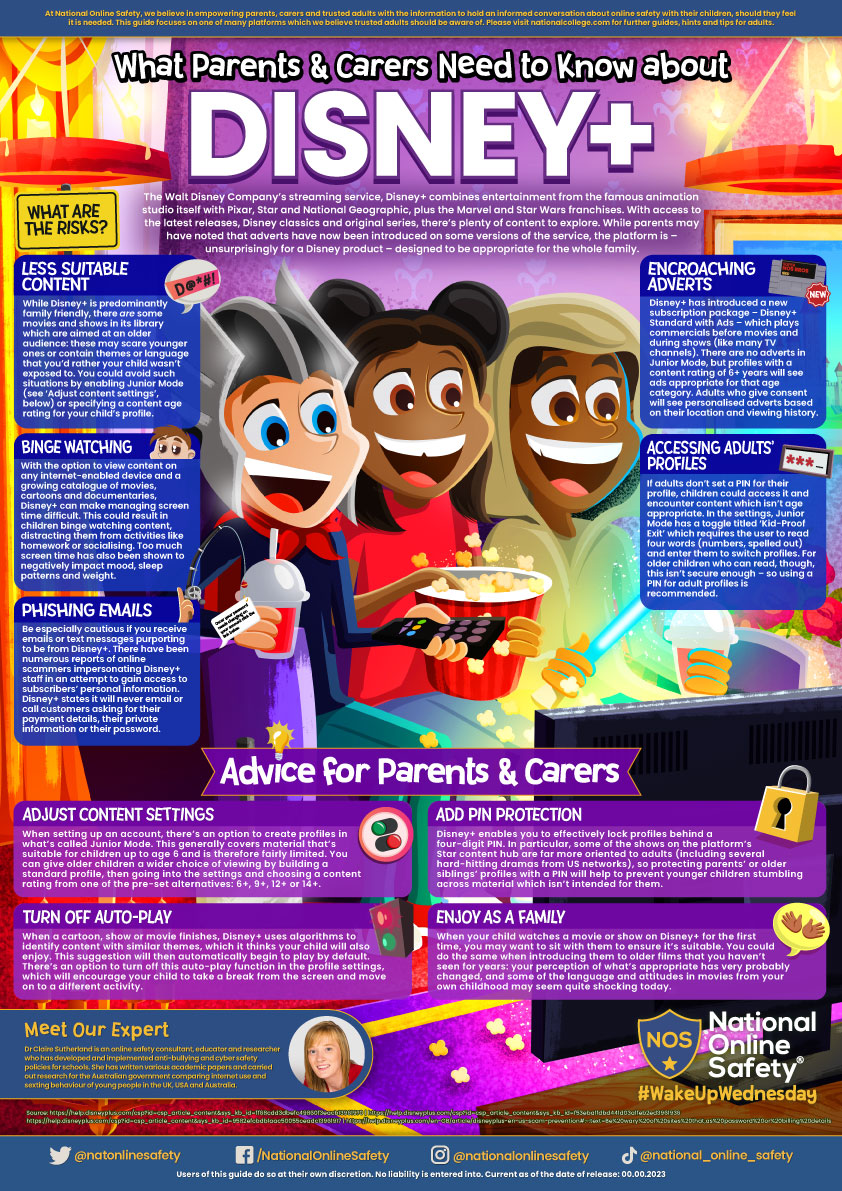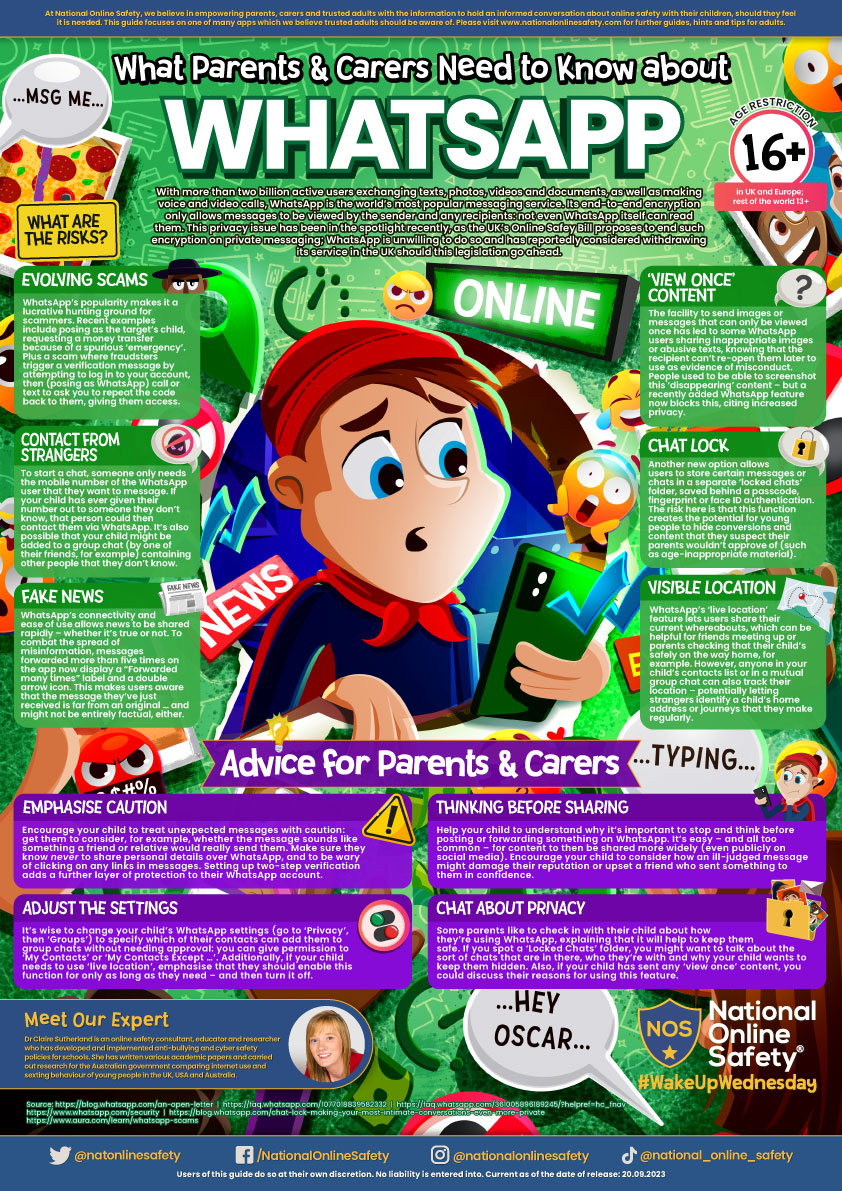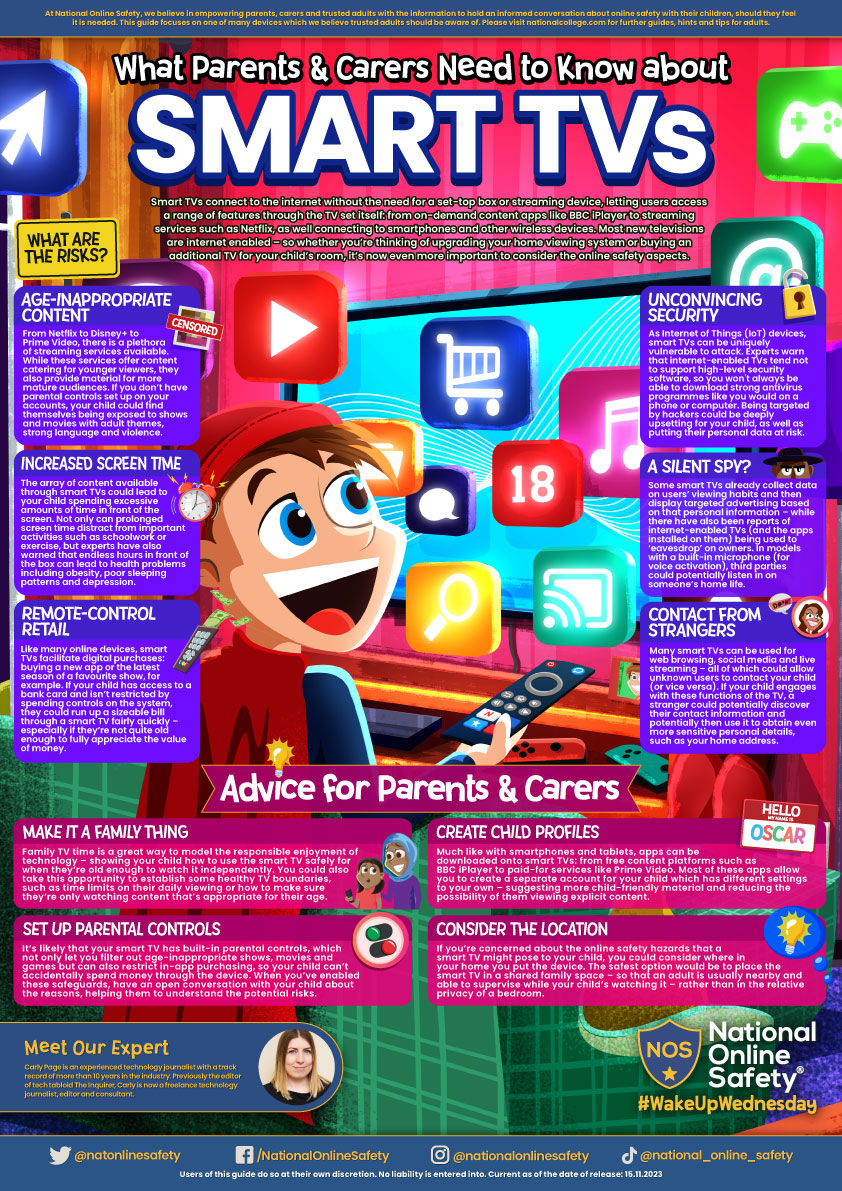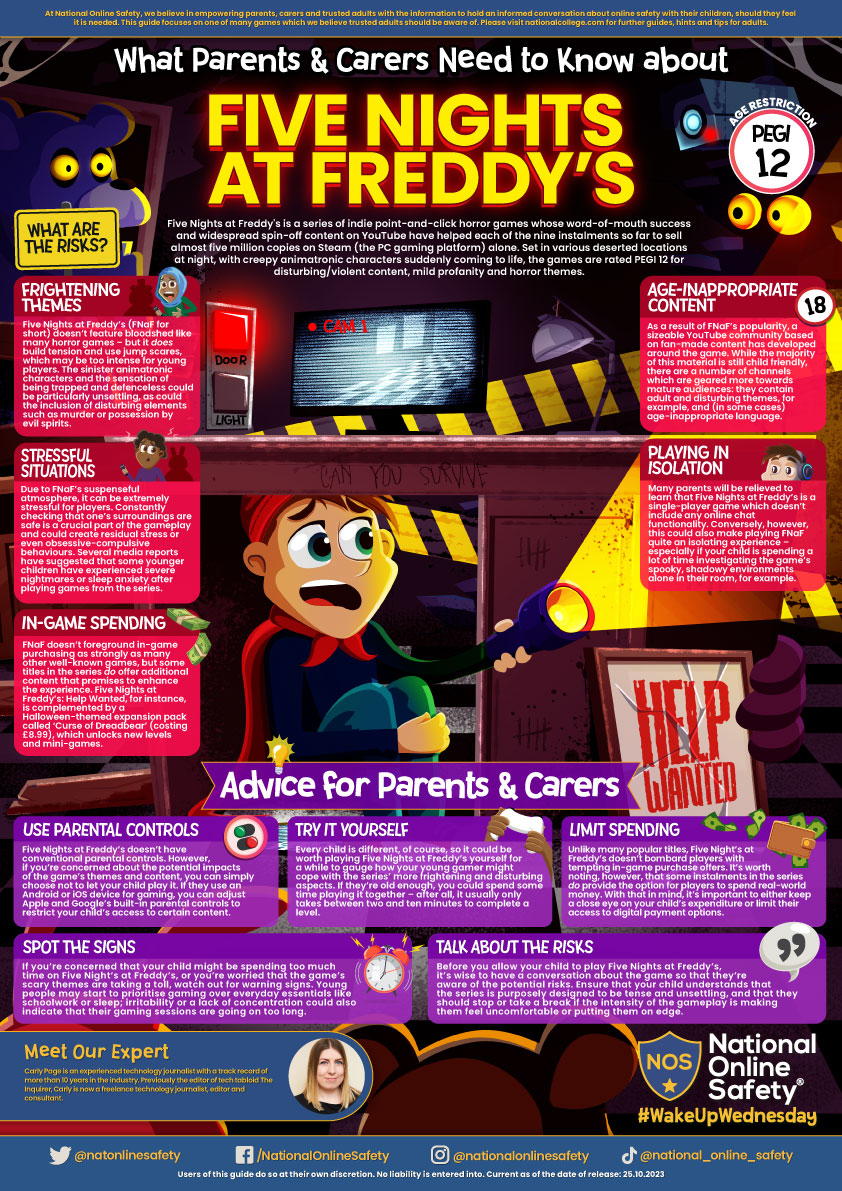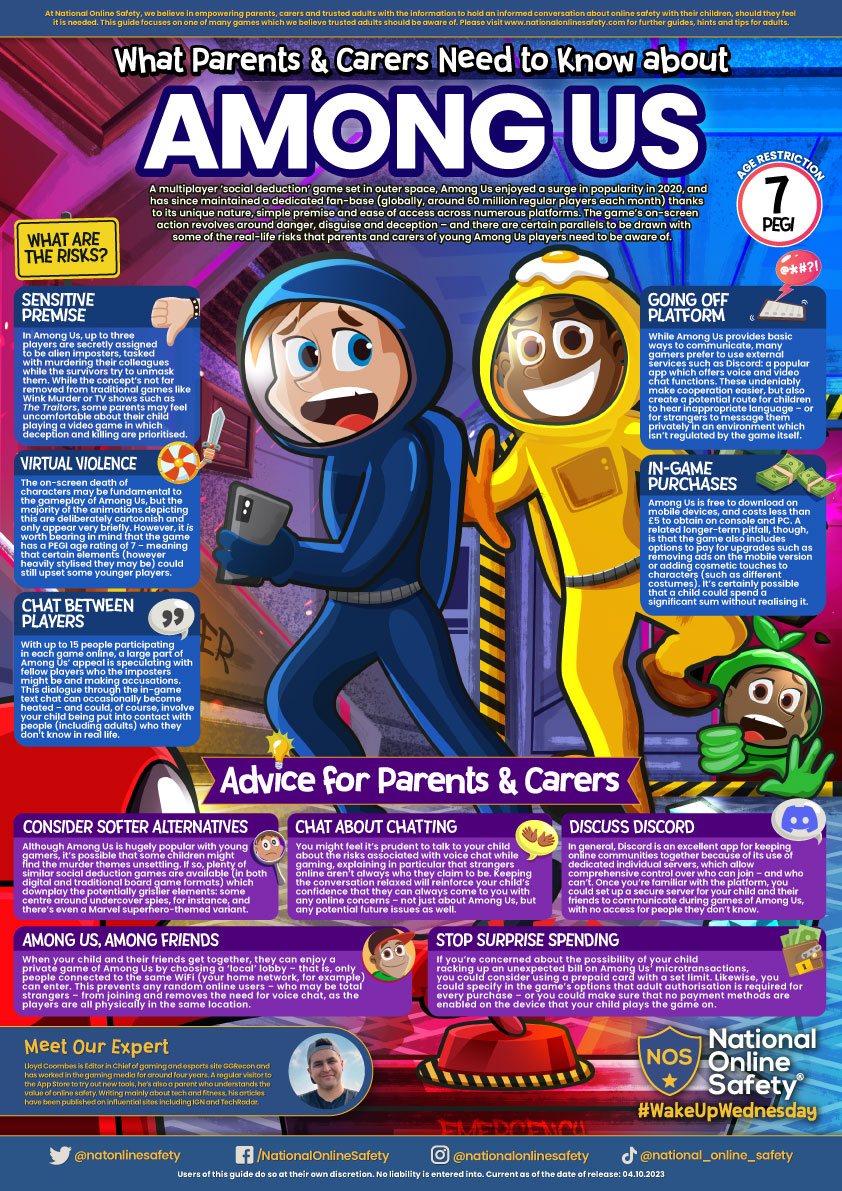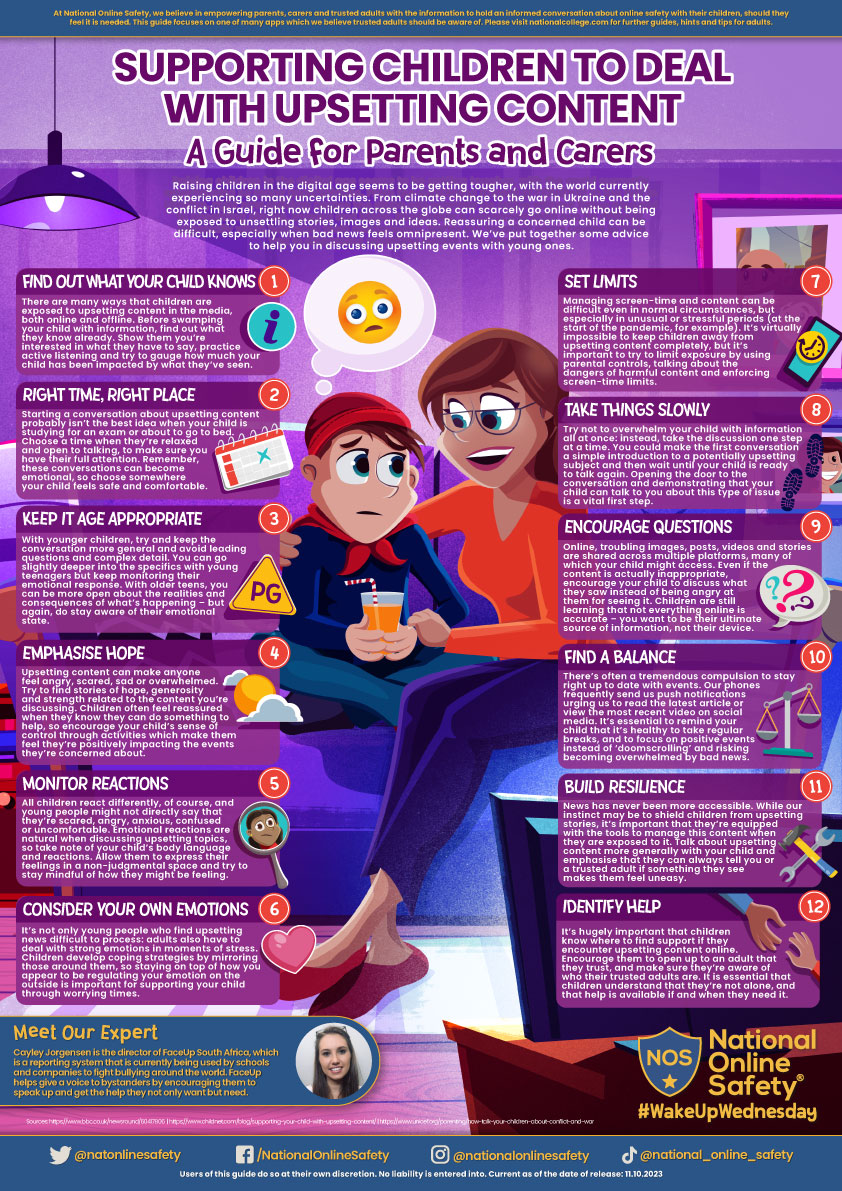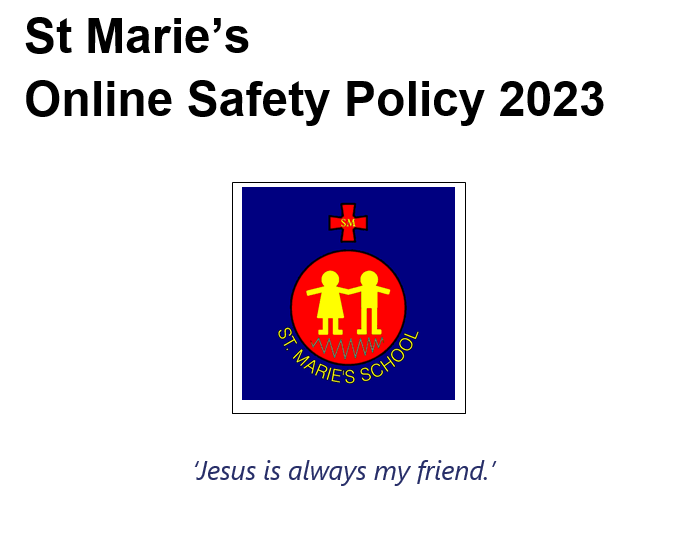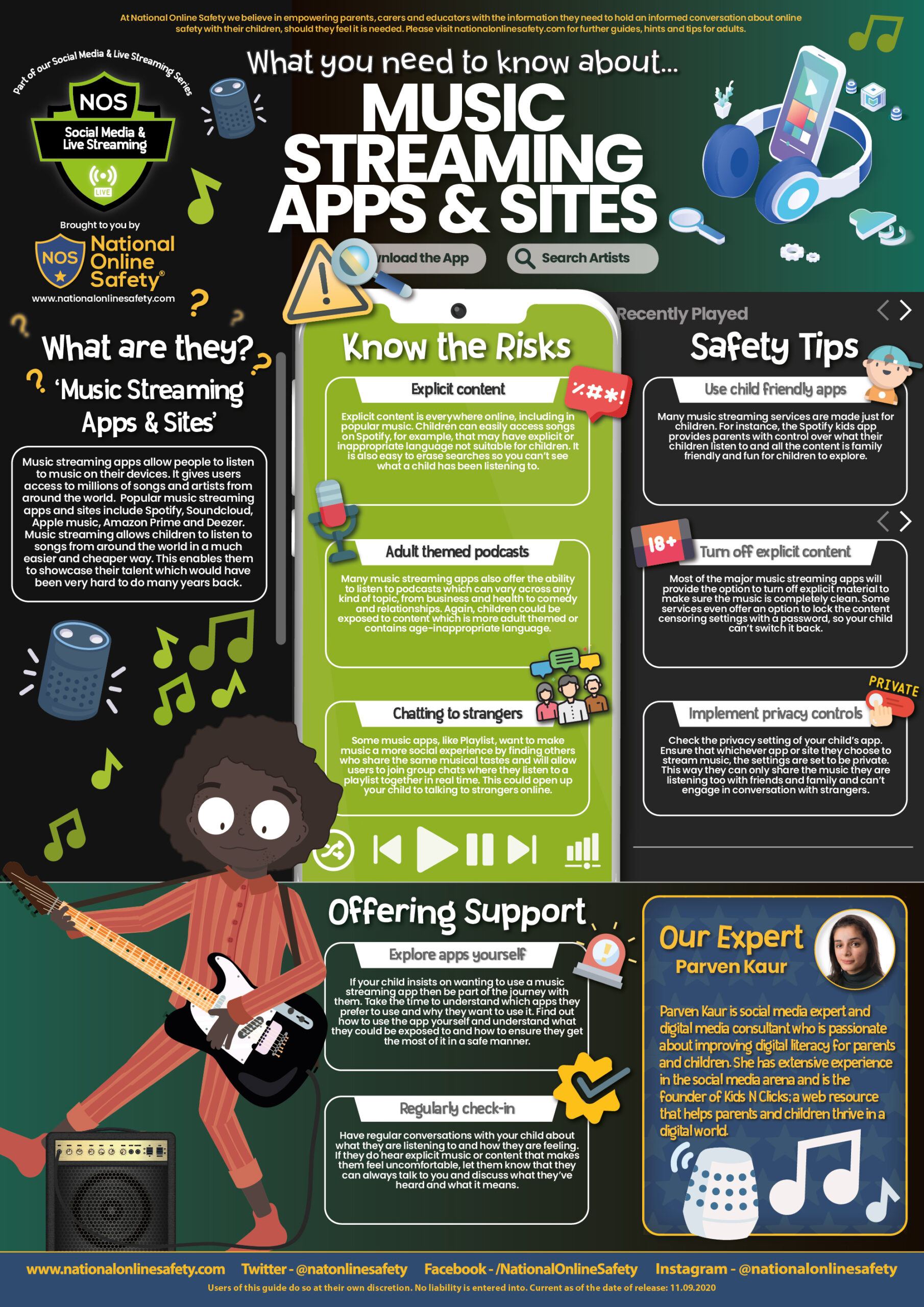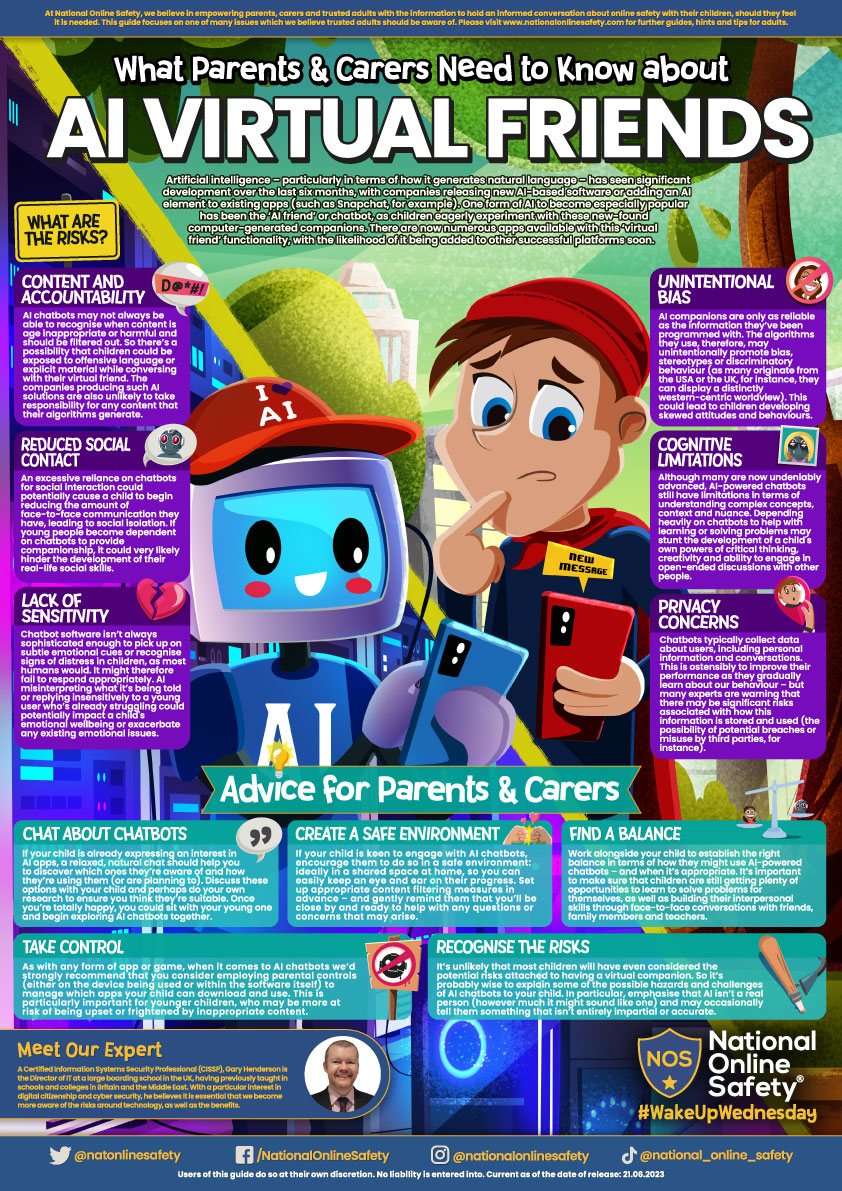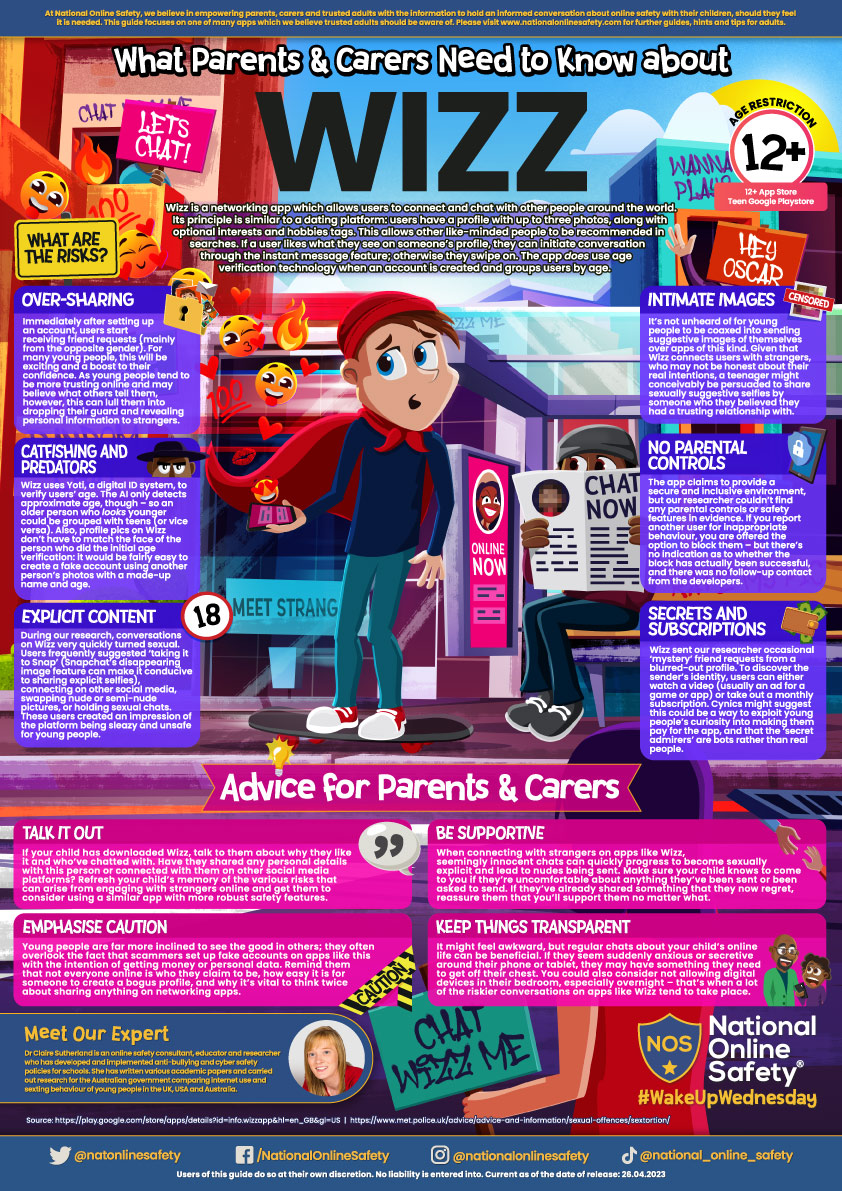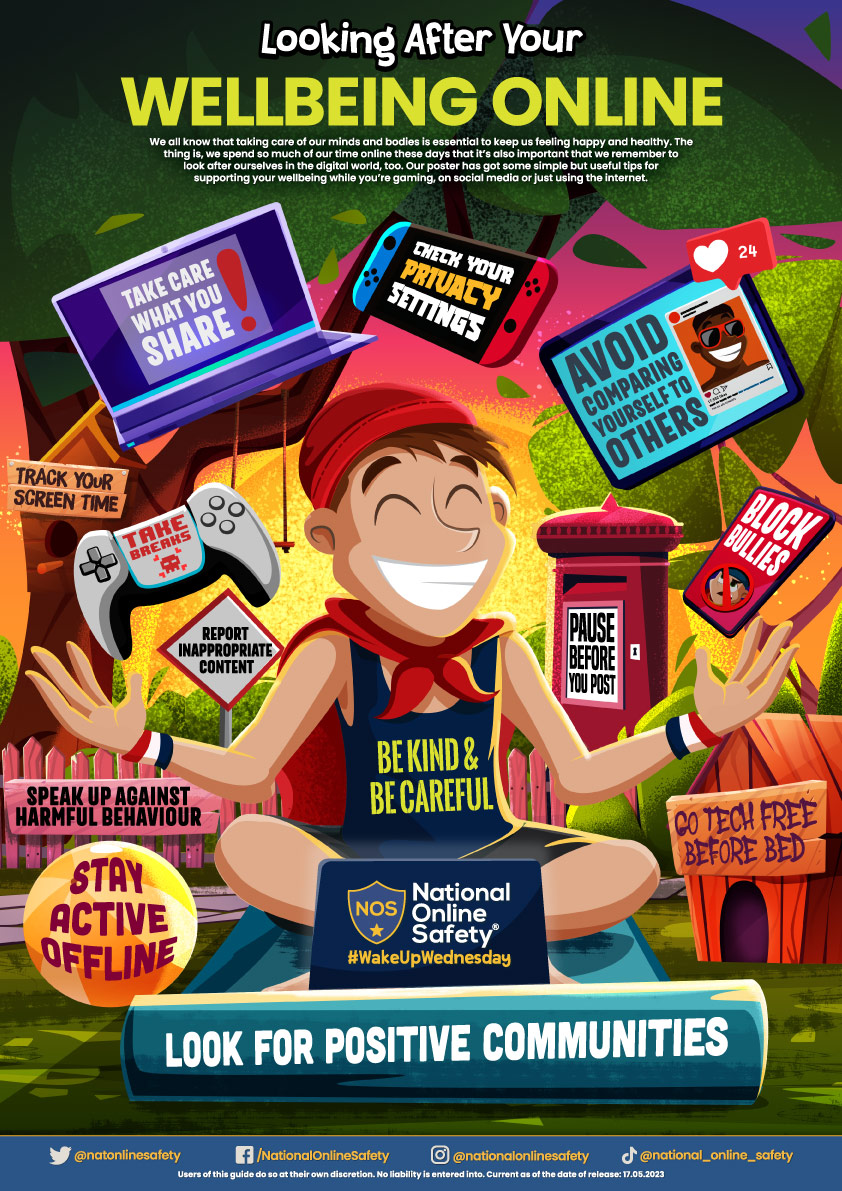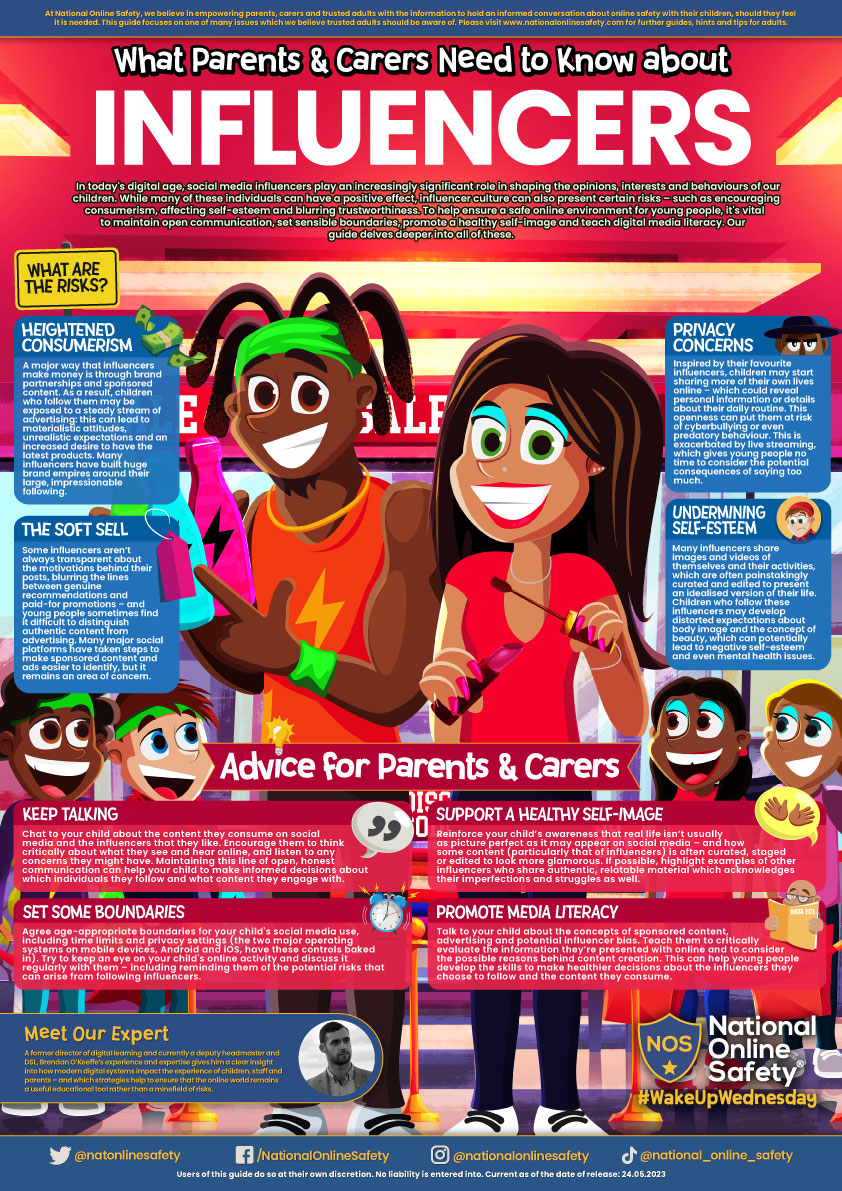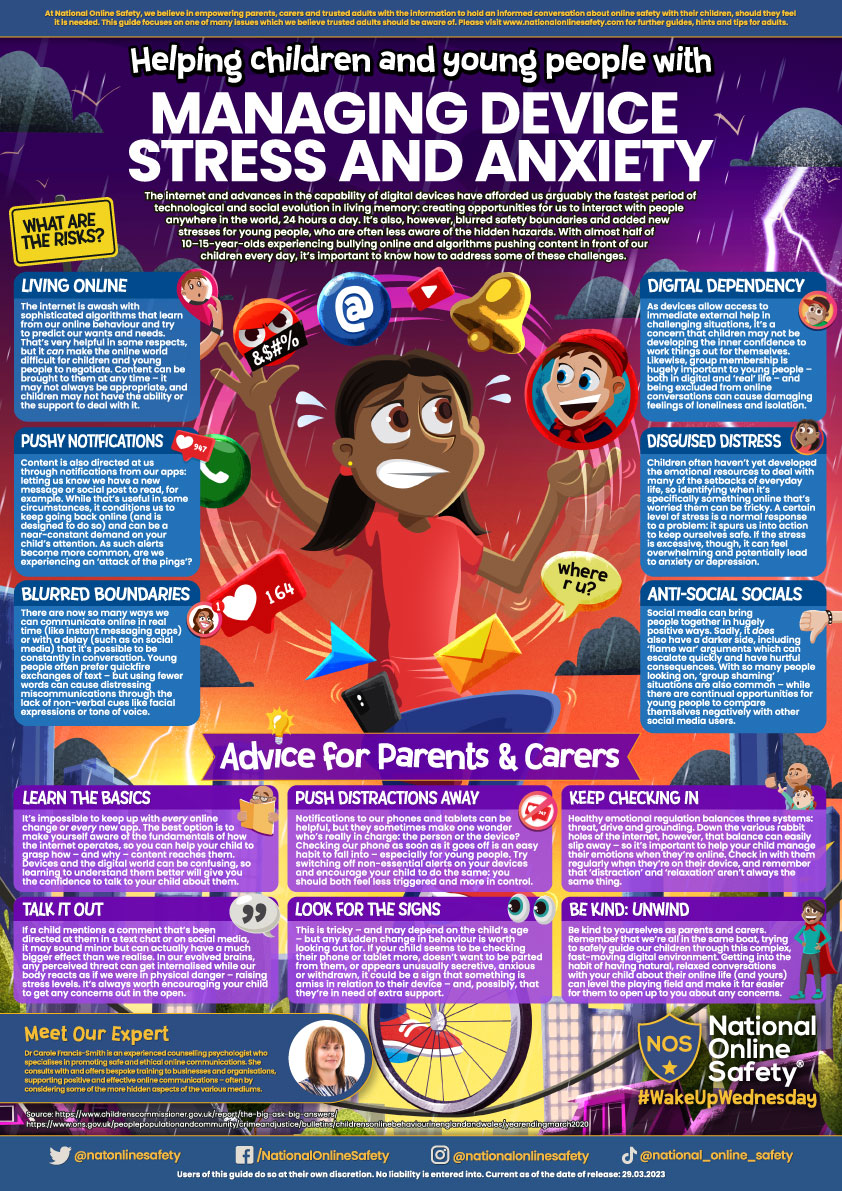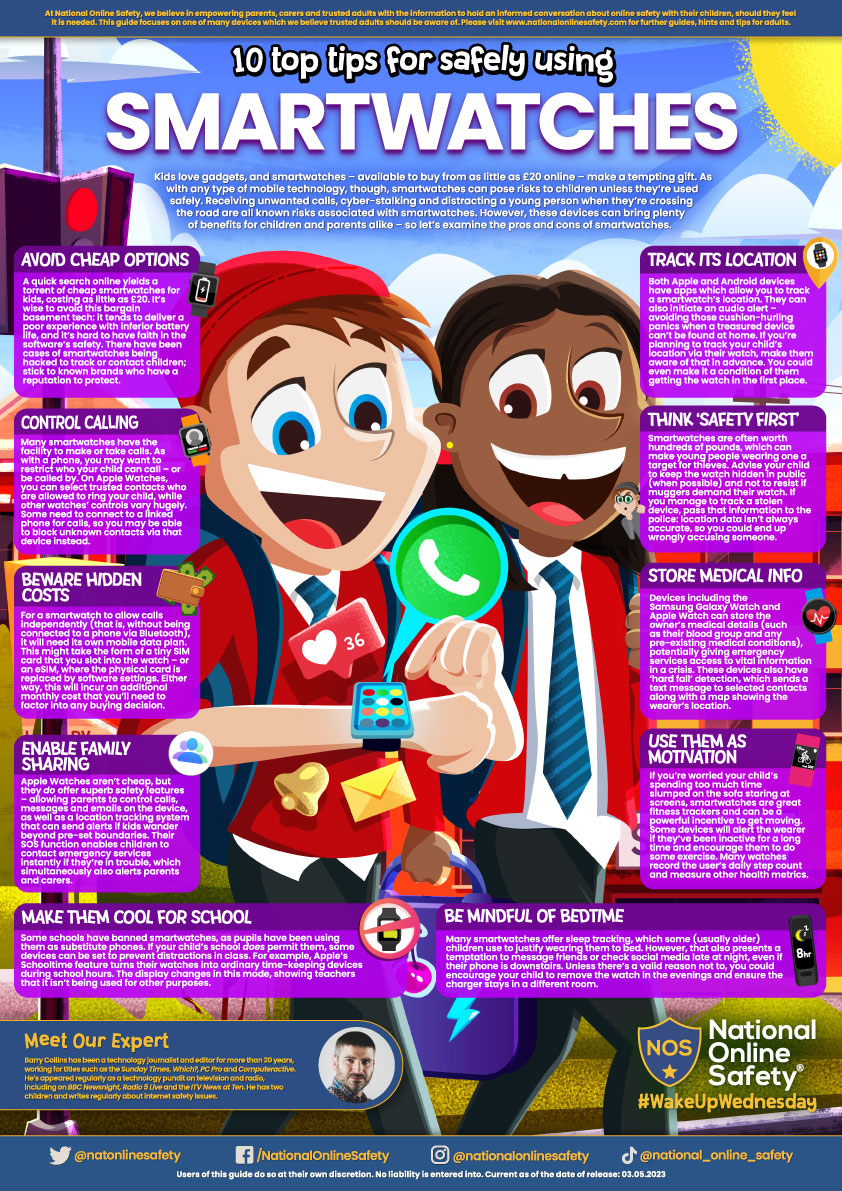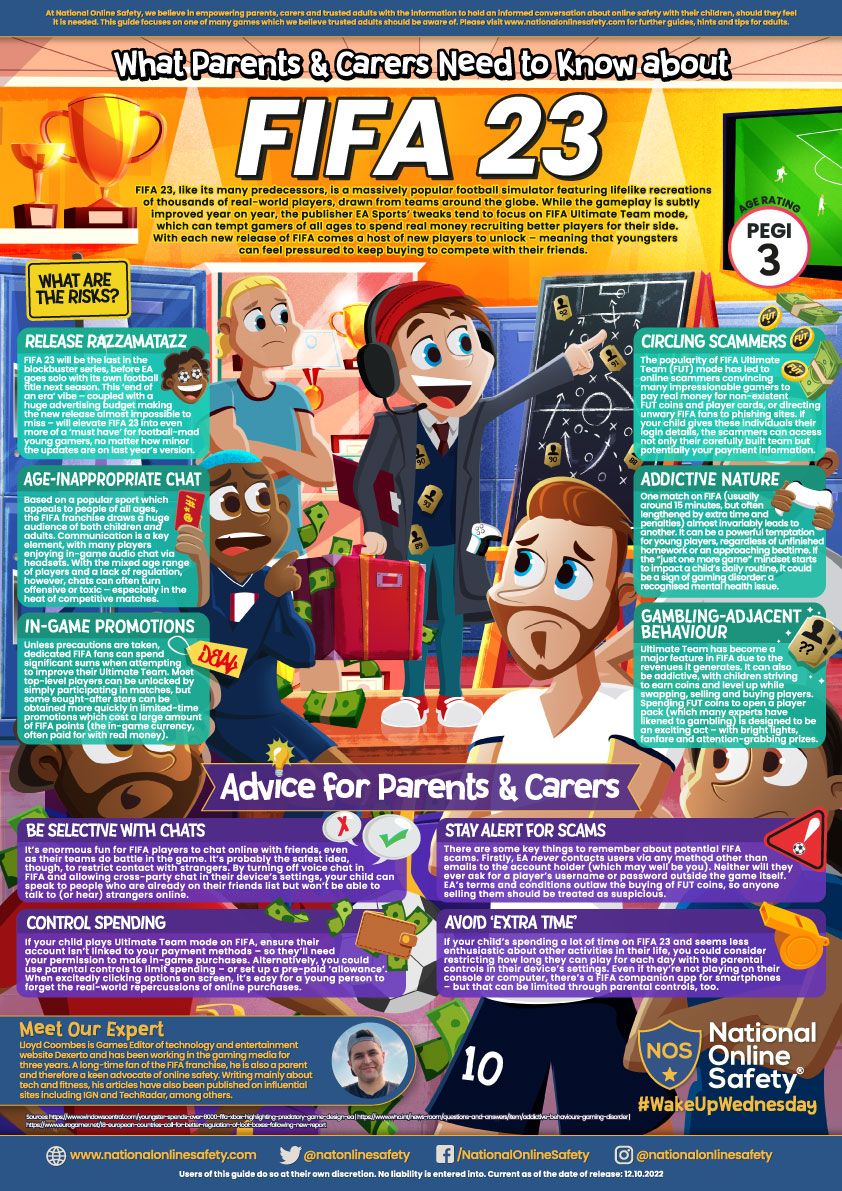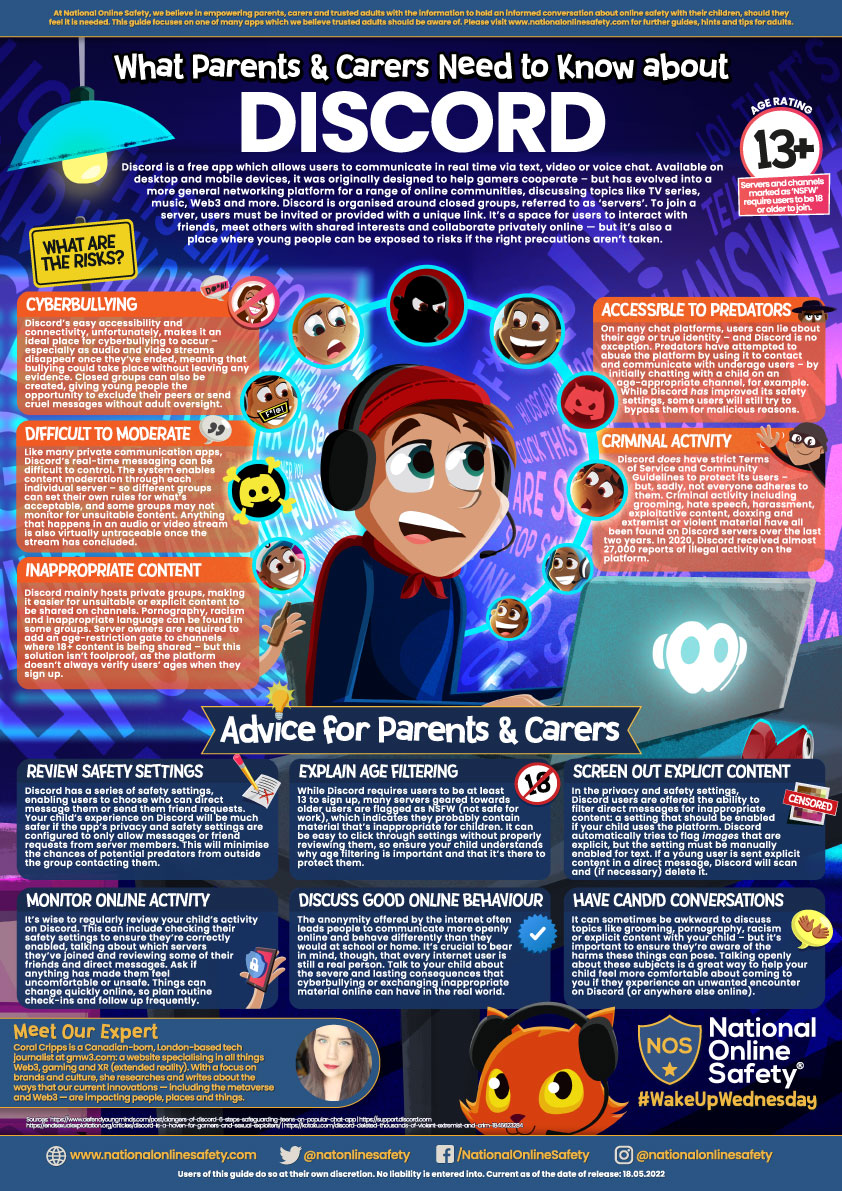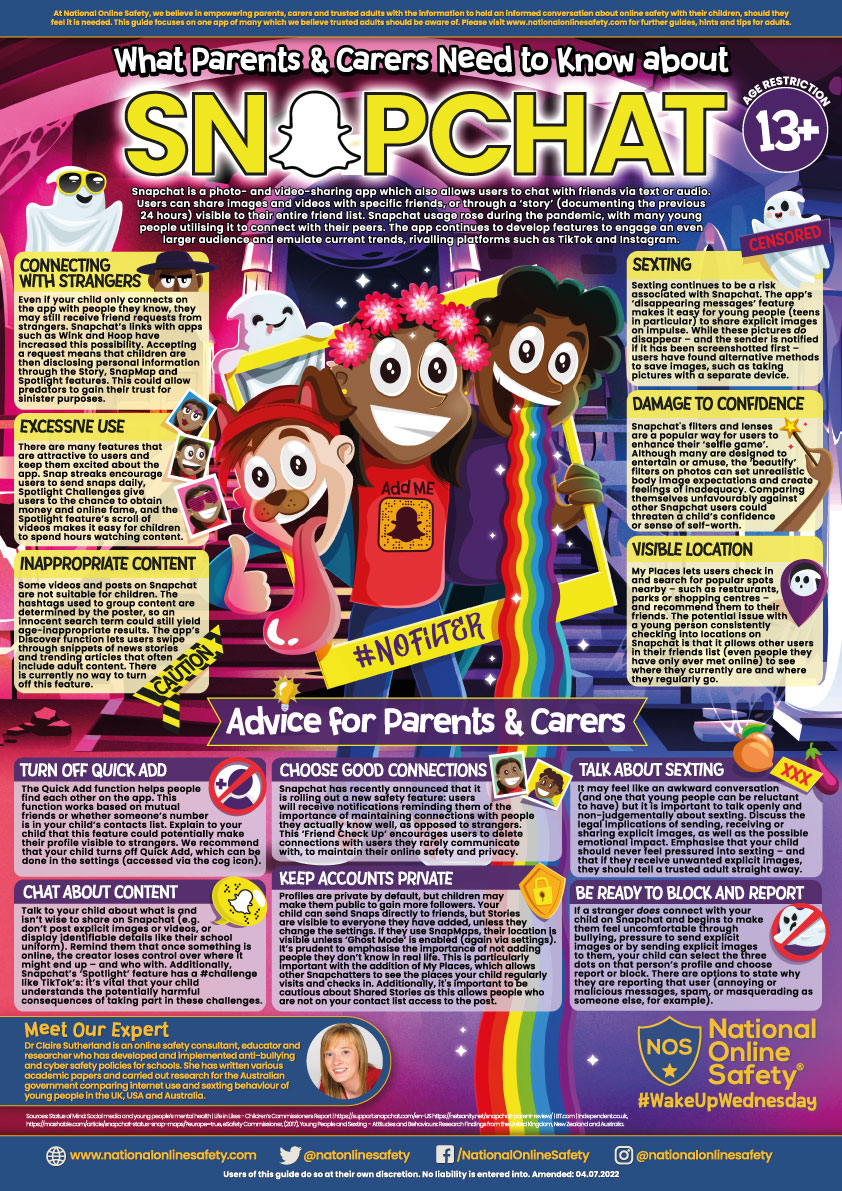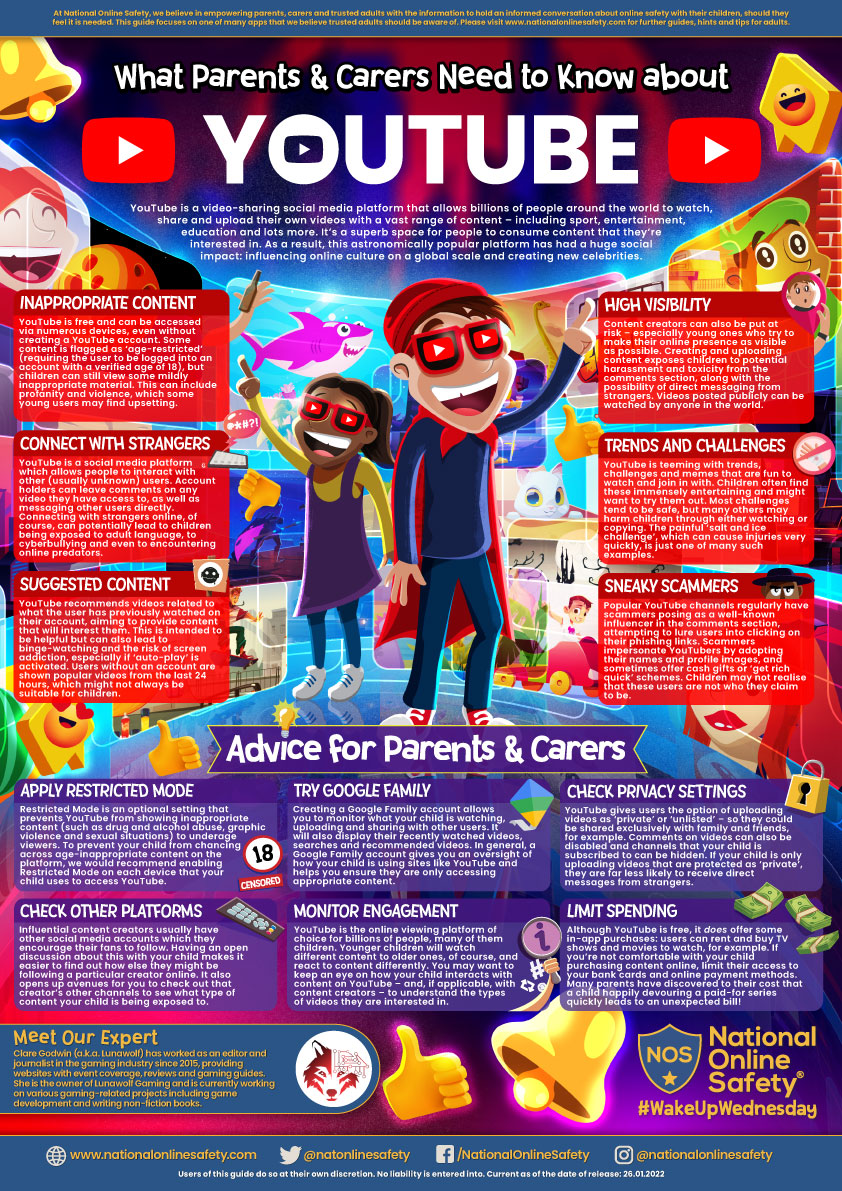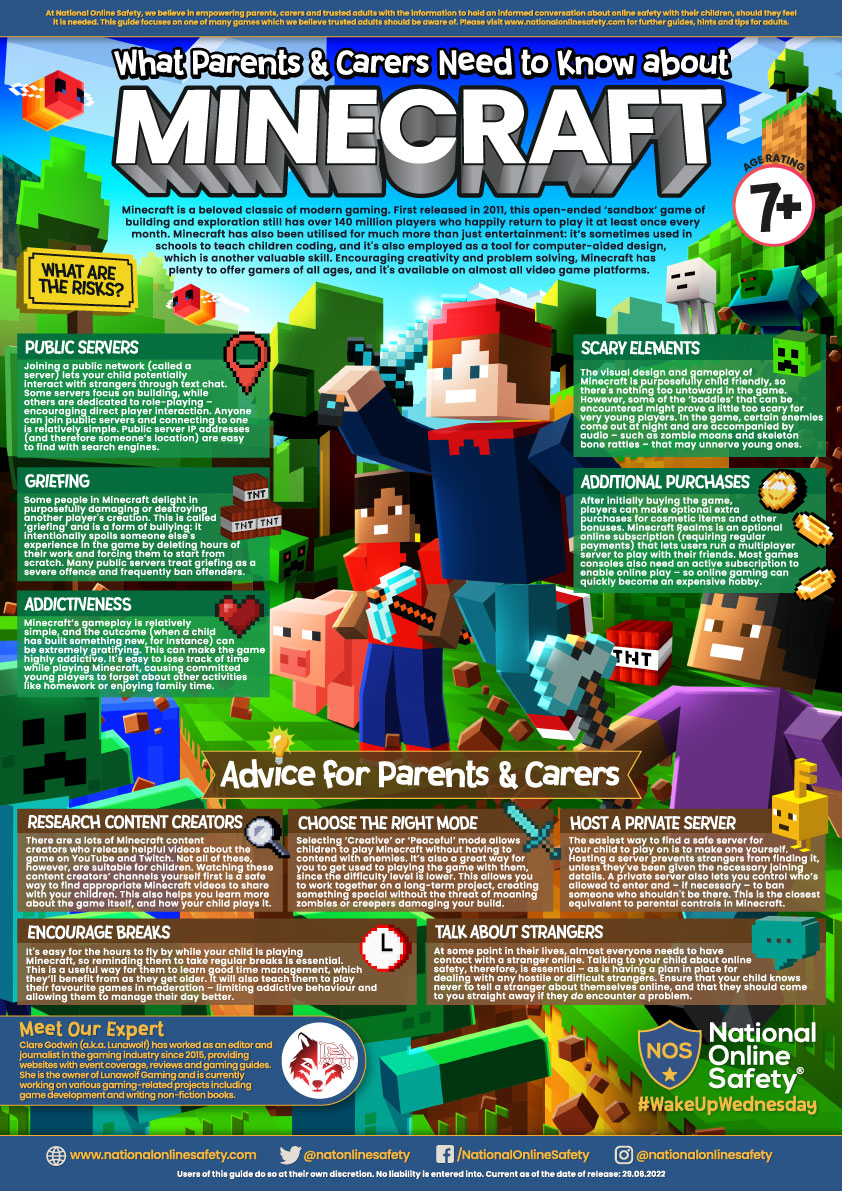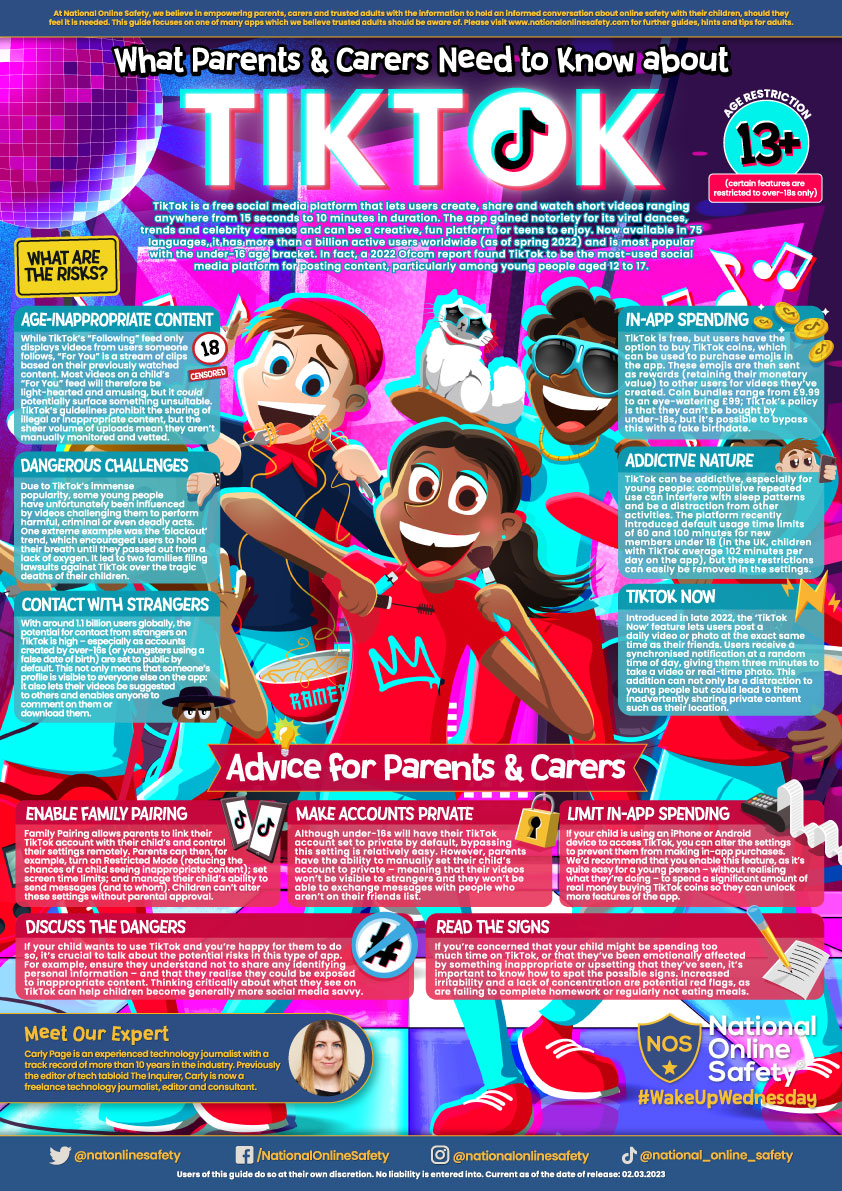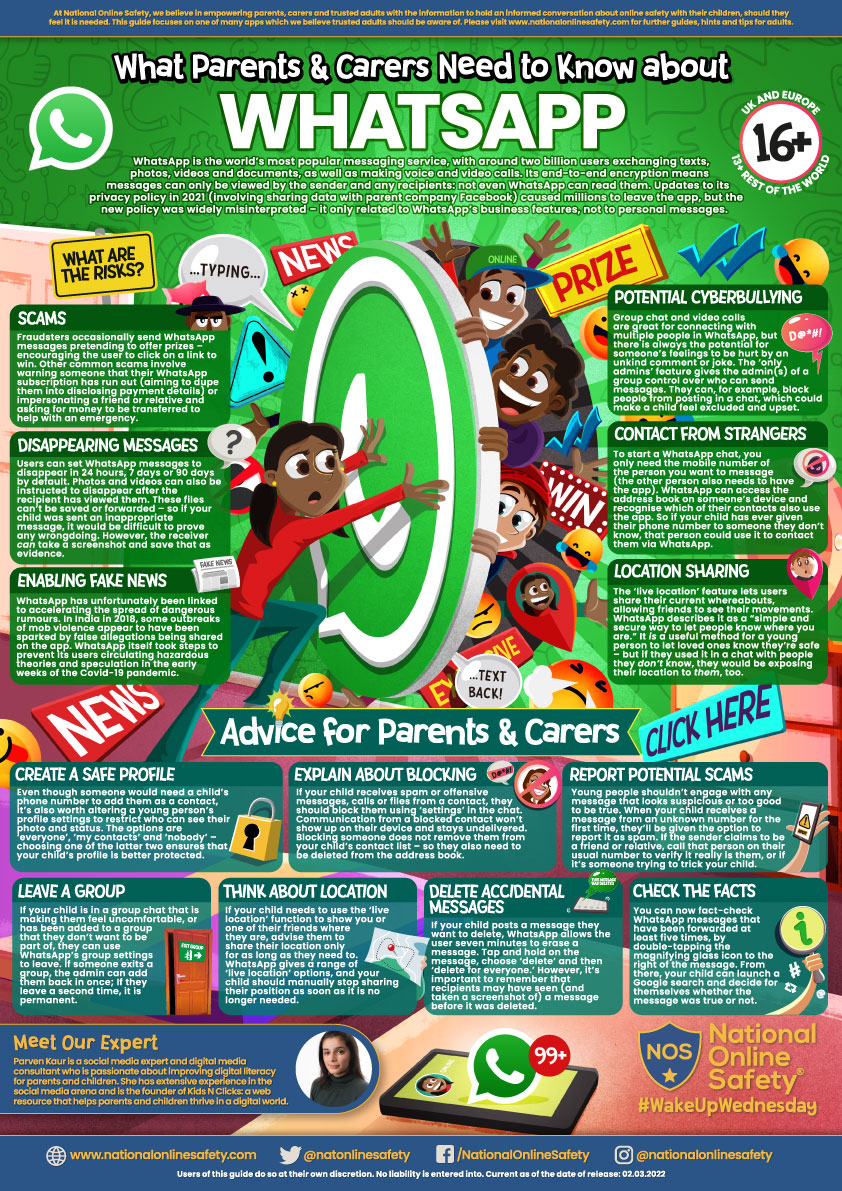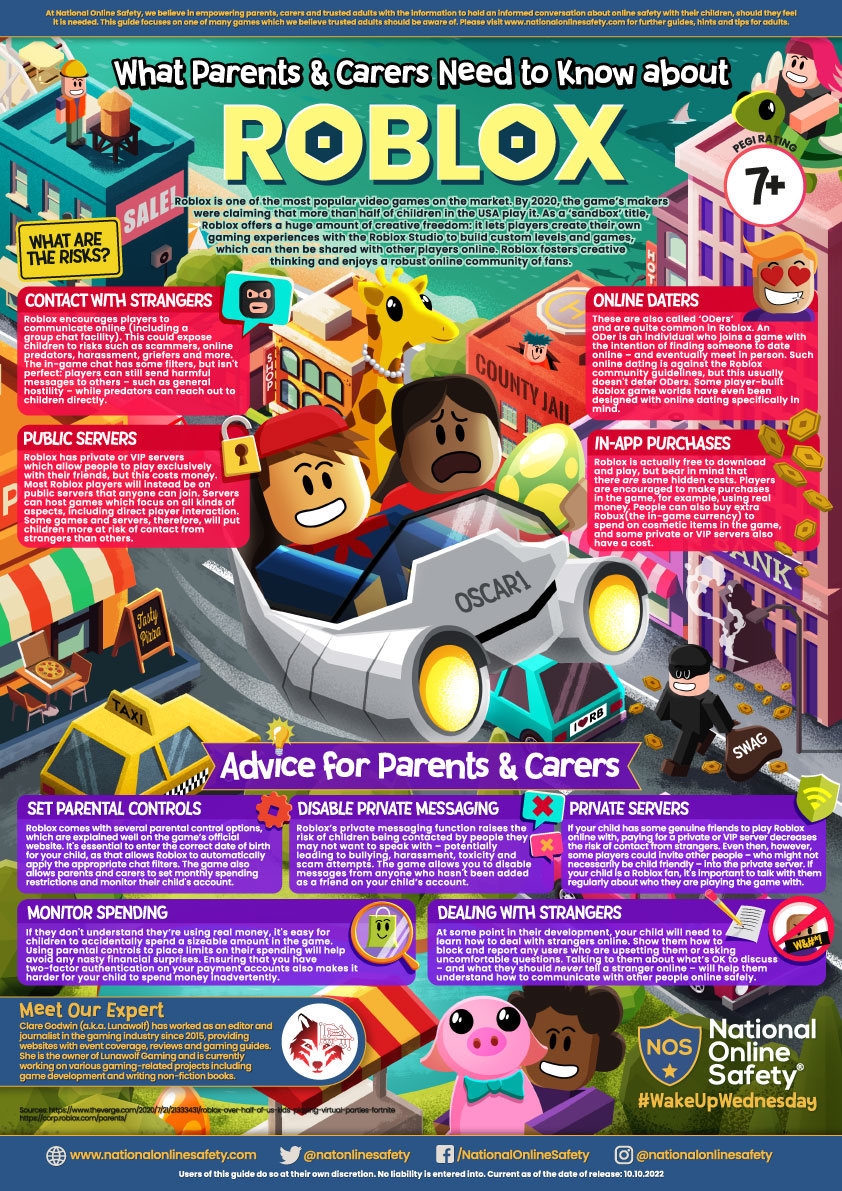Online Safety Information for Parents
Our pupils are growing up in a world of ever-changing technology. While we feel that the use of technology is a largely positive aspect of modern life, however we cannot ignore the risks that can be associated to using it.
Please refer to St Marie’s Online Safety Policy 2023 on our Safeguarding Page.
At St Marie’s we aim to teach children:
- About the impact of cyber-bullying and what to do if they have been affected
- To be vigilant when communicating online recognising that people may not always be who they say they are and to be sensible about what they share
- To tell an adult they trust if something is upsetting them
- To question the reliability of information given through a web based source
- To search responsibly for information while using internet browsers
We understand that much of our pupil’s use of the internet will occur at home, away from the school filters.
Below are a list of useful websites, advice and resources that you may find helpful when navigating the issue of online safety with your child. At the bottom of this page are resources that your child can directly access as well to help them learn about online safety.
Useful resources and links
Thinkuknow is an education programme from the National Crime Agency’s CEOP Command. Since 2006, it aims to ensure that everyone has access to this practical information – children, young people, their parents and carers and the professionals who work with them.
Internet Matters
Internet Matters is a comprehensive web resource with a wide array of tips and advice on how to navigate the online world with your child.
National Online Safety
National Online Safety’s mission is to make the internet a safer place for children. They aim to do this by equipping school staff, parents and children with the knowledge they need to understand online dangers and how best to react should an incident arise. The link above provides up to date information about a wide variety of social media apps and platforms your child might be using.
NSPCC
The NSPCC are the first to admit that the internet is amazing. Children can play, learn, create and connect – opening up a whole world of exciting possibilities. But with the digital world changing all the time, how can you make sure your child’s staying safe? That’s where the NSPCC come in. Whether you’re an online expert or you’re not sure where to start, their tools and advice will help you keep your child safe.
Childnet
Childnet International is a registered UK charity that aims to make the internet a safe place for children and young people. Packed with resources it is a great resource for parents.
CEOP
Child Exploitation and Online Protection (CEOP) is part of the National Crime Agency and their website can be used to report if you are worried about online abuse or the way someone is communicating online.
BBC
The BBC have a website and app called Own It. The website has a lot of content for children to help them navigate their online lives, and the free smartphone app comes with a special keyboard which can intervene with help and support in the moments that children need it the most.
A guide to Apps & Social Media
The number of apps and social media channels your child could be exposed to grow all the time, as does an app’s functionality. We recommend you visit Internet Matters or the National Online Safety sites to read the latest and most current advice on the most popular Apps to ensure you know what they do, how you can limit their features as well as recommended age restrictions.
Some of their guidance can be found below in the files but you can find even more by visiting the links.
Some Additional Parent Recommendations
- Not using phones and mobile devices at the dinner table – talking as a family is very important for development
- Keeping screens out of the bedroom at bedtime
- Talking as a family about keeping safe online and about cyberbullying and what children should do if they are worried
- Not using phones when crossing a road or doing any other activity that requires a person’s full attention
- Making sure children take a break from screens every two hours by getting up and being active
- Policing their own use too – parents should give their children proper attention and quality family time and never assume they are happy for pictures to be shared
- NO tech challenge! Play some games, do a jig-saw, and have a conversation!
Please ask Mr Fernandes at school if you need any further information or guidance.

